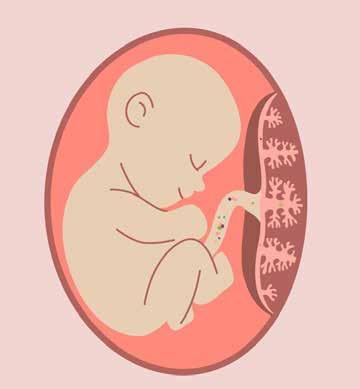Food
Sustainable Foods By Jennifer Yoon RDN, LDN, IBCLC
The foods we choose have a powerful impact, positive or negative, not only on our health, but also on our planet. The way a food is grown, processed, and the journey to your table, all impact the earth. As the effects of climate change such as drought, severe weather, and rising temperatures are being realized, a change in the way we approach food systems must be made to reduce our impact on the environment, improve food availability, and protect our resources. The foods you choose to put on your table can make a big difference- even small changes can help in a big way. Sustainable eating puts the focus on foods that are produced in a way that is beneficial for the environment, supports local communities, and is humane to farmers, workers, and animals. Opting for sustainable foods whenever possible can help minimize greenhouse gas emissions, decrease food waste, and reduce
10
AHN Pediatrics • Spring 2022 • www.ahnpediatrics.org
exposure to harmful chemicals, additives, and preservatives that are abundant throughout the food supply. Some ways your family can choose more sustainable foods include: Eating Local: The less a food has to travel from where it is grown to where it is purchased, the less fuel is used and emissions produced. Though locally grown produce is limited in Western Pennsylvania in the colder months, choosing local as often as possible reduces food waste in transit, increases freshness, and supports local growers and economy. Choose Organic: Organic farming is more sustainable alternative when it comes to food production. The lack of pesticides and wider variety of plants enhances biodiversity and results in better soil quality and reduced pollution from fertilizer or pesticide run-off.






